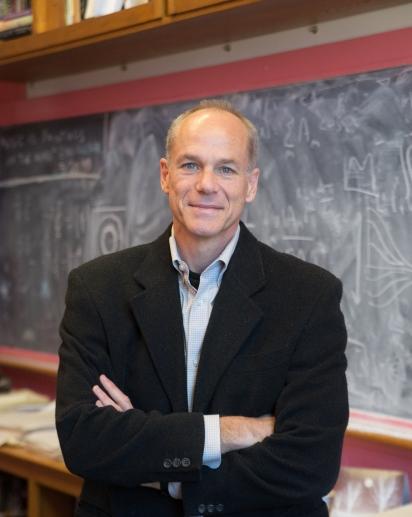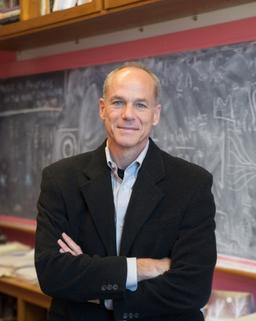Examine the debate over free will through interdisciplinary study of philosophical arguments and modern neuroscientific research.
Examine the debate over free will through interdisciplinary study of philosophical arguments and modern neuroscientific research.
Dive into the fascinating debate on free will in this interdisciplinary course that bridges philosophy, physics, and neuroscience. Challenge common arguments against free will and explore compelling evidence for its existence. Learn how evolution has shaped our brains to navigate between determinism and chance, enabling a form of libertarian free will. Discover the role of quantum indeterminism in neural processes and how it impacts our decision-making. Investigate the unique human capacity for imagination and self-transformation. This course offers a thought-provoking journey into the nature of consciousness, decision-making, and human agency.
Instructors:
English
English
What you'll learn
Understand philosophical arguments for and against free will
Explore neuroscientific evidence supporting the existence of free will
Analyze the relationship between quantum indeterminism and neural processes
Investigate the role of working memory in decision-making and future planning
Examine the evolutionary basis for free will in humans and other animals
Distinguish between different types of libertarian free will
Skills you'll gain
This course includes:
PreRecorded video
Graded assignments, exams
Access on Mobile, Tablet, Desktop
Limited Access access
Shareable certificate
Closed caption
Get a Completion Certificate
Share your certificate with prospective employers and your professional network on LinkedIn.
Created by
Provided by

Top companies offer this course to their employees
Top companies provide this course to enhance their employees' skills, ensuring they excel in handling complex projects and drive organizational success.





Module Description
This course offers a comprehensive exploration of libertarian free will, drawing from philosophical arguments and neuroscientific evidence. It challenges deterministic views by examining how evolution has shaped neural processes to enable decision-making that transcends pure determinism or randomness. Key topics include the amplification of quantum indeterminism to neural spike timing, the role of working memory in deliberation and future planning, and the evolutionary basis for free will. The course distinguishes between two types of libertarian free will: one shared with other animals involving the ability to weigh and select internally simulated options, and another unique to humans, which allows for self-transformation and the creation of new decision-making paradigms. Throughout the course, students will engage with cutting-edge research in neuroscience, physics, and philosophy to build a robust understanding of free will and its implications for human agency and consciousness.
Fee Structure
Instructor
Professor of Psychological and Brain Sciences
Peter Tse and his collaborators focus on exploring consciousness and its neural foundations, investigating several key areas. First, they examine the preconscious and unconscious neural processes that occur before we consciously perceive an event, such as the brain's processing of form, motion, and color. Second, they study the structure of subjective experience and how phenomenology can help decipher how the brain constructs consciousness, with a particular focus on insights gained from illusions. Third, they explore the role of consciousness in planning and action, emphasizing the critical link between attention, volition, and decision-making. Fourth, they view consciousness as a dual process that constructs an understanding of the external world while providing an internal "virtual reality" that allows for imaginative decision-making. Finally, they investigate the interaction between top-down and bottom-up neural processes and how this interplay shapes our conscious experience. For a more in-depth exploration of these topics, Tse's book The Neural Basis of Free Will (MIT, 2013) offers additional insight.
Testimonials
Testimonials and success stories are a testament to the quality of this program and its impact on your career and learning journey. Be the first to help others make an informed decision by sharing your review of the course.
Frequently asked questions
Below are some of the most commonly asked questions about this course. We aim to provide clear and concise answers to help you better understand the course content, structure, and any other relevant information. If you have any additional questions or if your question is not listed here, please don't hesitate to reach out to our support team for further assistance.



